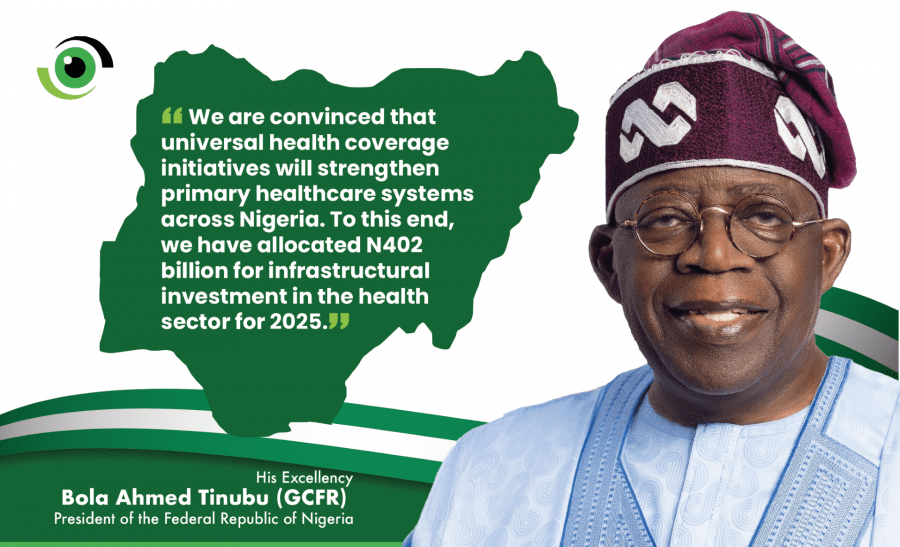The Federal Government on Friday launched the 2024 Nigeria Demographic and Health Survey (NDHS) Report, marking a major step in its drive to use data for informed health and population policies.
The survey reported a decrease in fertility rate from 5.3 in 2024 to 4.8 in 2024, and a 3% increase in contraceptive use. The findings also recorded an increase in antenatal/postnatal care coverage and skilled births. There was also a decrease in under-five mortality and a slight improvement in vaccine coverage.
However, the neonatal mortality rate remains almost stagnant, and the diagnosis of non-communicable diseases and diabetes in the country is still relatively low.
Speaking at the launch in Abuja, Minister of State for Health, Dr. Iziaq Salako, who described the report as an “extremely important source of health and demographic data,” said it would enable evidence-based policy decisions.
The report, unveiled by the National Population Commission (NPC) in collaboration with development partners, provides detailed insights into key indicators such as fertility, maternal and child health, family planning, nutrition, and gender-based issues across Nigeria.
According to Salako, the report helps in the monitoring of progress towards set goals like the Sustainable Development Goals (SDGs) and the identification of disparities in key health indicators, and also provides essential data to drive efforts to improve the health and well-being of Nigerians, particularly in areas of reproductive, maternal, newborn, child, and adolescent health.
He said: “As we all know, the NDHS, a nationally representative, population-based survey that relies on data collected on a wide range of areas, is essential for effective and efficient resource allocation, ensuring health equity and delivering better health outcomes for our people.
The 2024 NDHS findings are a mixed bag, which reveals some progress in certain areas, regional disparities, stagnation, and, unfortunately, some key metrics not showing significant improvements.















